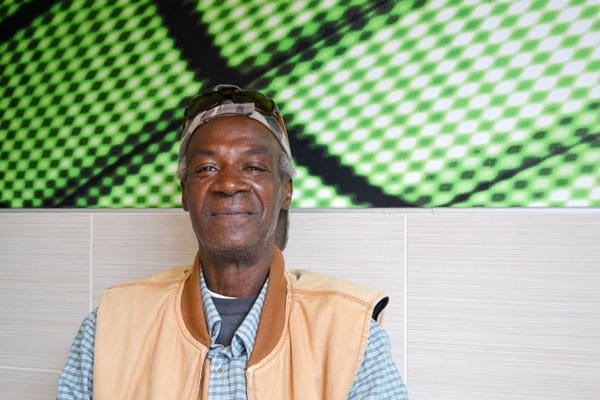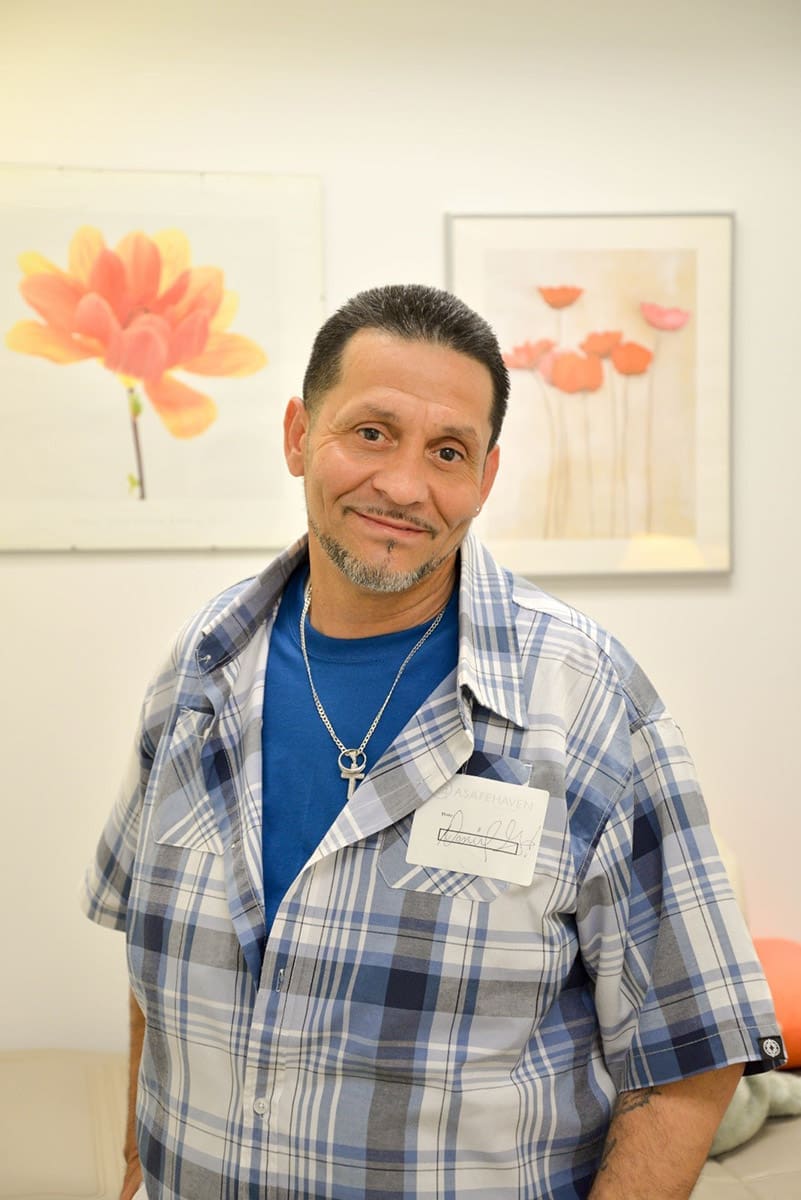“Home” has meant many things to Nancy. It has been a space for argument, for rejection, for abuse — and when she hasn’t had a home, Nancy’s life has been even worse. But today, Nancy has a home, and it has served as the foundation for her many life goals.
 |
 |
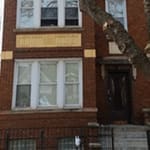 |
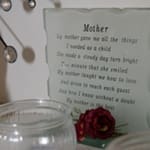 |
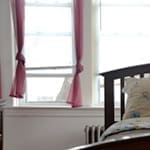 |
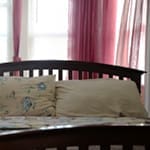 |
 |
Nancy grew up at Grand and Damen on Chicago’s Near West Side; she left her childhood home after difficult times with her father and lived with her soon-to-be-husband, with whom she raised six children.
Over the years, she separated from her husband and was living on the streets. Her children were taken away from her by the Illinois Department of Children and Family Services. She was using drugs.
“I had no money, no nothing,” said Nancy, now in her kitchen, with springtime sun beaming through the window. “I was eating in churches and sleeping in parks and covering myself with boxes. It was pretty hard.”
Nancy was arrested and sent to prison for three years after defending herself physically against her ex-husband. She was diagnosed with HIV in 2000 after arriving at prison and getting an HIV test.
“That killed me. It attacked me even worse with my anxiety,” remembered Nancy.
The case manager she was connected with after emerging from prison in 2003 suggested she connect with the Housing, Health and Independent Living (HHIL) Program, which serves single people living with HIV and pregnant, HIV-positive expectant mothers. She has been with the program since 2003.
“I know a lot of people who are homeless, and they do need programs like this.”
The HHIL program has turned Nancy’s life around. Now that she is a woman running her household, Nancy feels empowered. “It feels great, not only that I am taking care of my home, but I am paying my rent — something I couldn’t do since years back. This program has made me very responsible.”
She’s not the only one feeling empowered: 76% of households in the HHIL Program are led by women.
“This is the best thing that has happened in my life — besides being married and having kids!”
Nancy has lived in her two-bedroom home in Garfield Park for only a few months; she has moved every three years since she started in the program. But already, she is experiencing challenges with her apartment: there are rats and cockroaches and bedbugs; she is allergic to the carpet in her front room.
She also lives with the challenges that come from being HIV-positive, and she doesn’t feel comfortable telling her family about her status.
“I wanted to tell my family about it but I can’t, because it’s just me. But when I’m ready I will let them know, said Nancy. “They don’t know what I have because I don’t want them to judge me — they looked at their dad [after he died of AIDS-related complications] totally differently after they found out.”
Nancy has already lost her kids once, back in her darkest days; she doesn’t want to risk losing them again. Nancy’s family is her greatest source of joy; being with her nine grandchildren has especially helped her overcome her depression and feel whole again.
“Christmastime and Mother’s Day, those are special days when they all come over.” Her grandson runs into the kitchen from time to time, checking in on his grandmother, telling her he’s going to the park with his mom.
Nancy is very goal-oriented; already, she has achieved her greatest goal — getting her kids back from the state. Now, she’s focused on spending time with her four-year-old grandson; seeing her youngest daughter, who lives with autism; and getting her GED alongside one of her other daughters.
With her housing and medical needs secured, Nancy feels able to take on each new goal, one step at a time.

